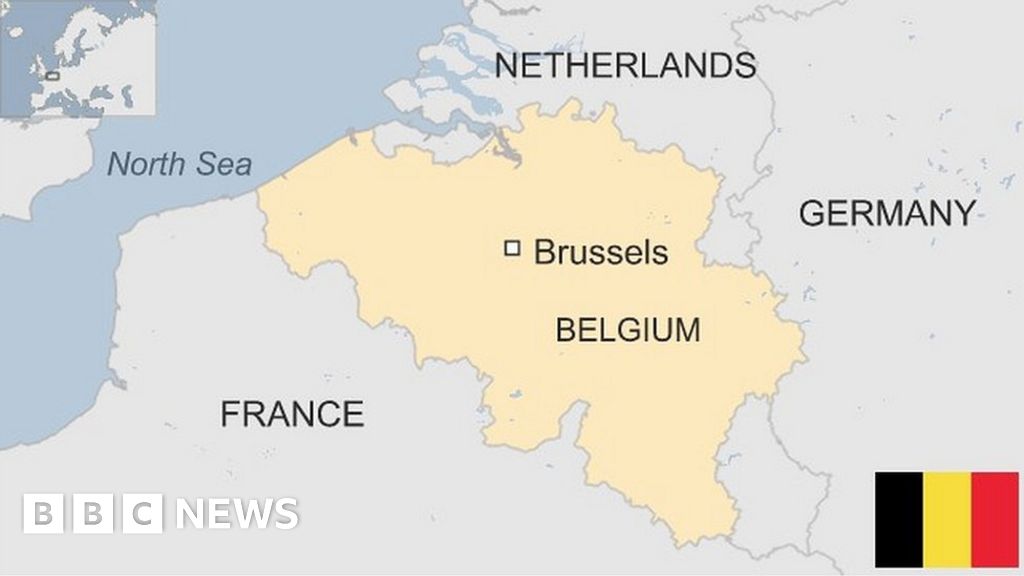Some key dates in Belgium’s history:
1830 – Declaration of independence from Netherlands.
1914-18 World War One: Germany invades and conquers majority of the country, the Belgian army withdraws and holds its position behind Yser river until 1918.
1920 – Belgium abandons neutrality and signs military alliance with France.
1930 – Flanders and Wallonia legally become unilingual regions.
1940 – World War Two. Germany invades Belgium and Holland. Belgian government evacuates to London. King Leopold surrenders to German forces.
1944 – Allied forces liberate Belgium.
1948 – Belgium, Netherlands and Luxembourg form Benelux Customs Union to promote free movement of workers, goods and services in the region.
1949 – Belgium is a founder member of Nato.
1950 – Belgian electorate votes for Leopold’s return, but after strikes and riots Leopold appoints eldest son, Prince Baudouin, to temporarily rule in his place.
1951 – Baudouin officially assumes kingship.
1951 – Belgium becomes one of the founding members of the European Coal and Steel Community
1957 – Belgium signs Treaty of Rome as one of the six founders of the European Economic Community (EEC), now the European Union.
1960 – Belgian government grants independence to the Congo – now Democratic Republic of Congo.
1962 – Independence for Ruanda-Urundi – now Rwanda and Burundi.
1992 – Belgium ratifies Maastricht Treaty on European union.
1993 – Constitution changed to recognise division of country into three administrative regions: Flanders, Wallonia and Brussels.
King Baudouin dies, succeeded by his brother, Albert II.
1996 – Arrest of Marc Dutroux on suspicion of child murder and rape leads to mass protests at perceived police inefficiency in handling the case.
2002 – Euro replaces Belgian franc.
2003 – Legislation commits Belgium to closing its seven nuclear reactors by 2025 and banning building of new ones. Government pledges to invest in renewable energy sources and gas.
2004 – Child killer Marc Dutroux sentenced to life for rape and murder of several young girls. His conviction comes eight years after his arrest and follows complex investigations.
High court rules far-right Vlaams Blok racist and strips it of funding and TV access rights, forcing it to disband. Party re-established under new name, Vlaams Belang (Flemish Interest).
2007 – Belgium without a government for 100 days.
2008 – Amid a worsening global financial crisis, Fortis financial group holdings in Belgium and Luxembourg is rescued by French bank BNP Paribas, which buys 75% of the group, creating one of Europe’s biggest savings banks.
2010 – Belgium’s Catholic Church is rocked by an official inquiry’s finding that widespread sexual abuse of children by priests took place over decades.
2013 – King Albert II abdicates in favour of his son Philippe.
2015 – Two suspected Islamist militants are shot dead by police during an operation to dismantle a jihadist cell in the eastern town of Verviers.
2016 – Islamic State suicide bombers attack Brussels’ Zaventem airport and Maalbeek metro station. Thirty-two people are killed and more than 300 injured.
2021 – Devastating floods hit parts of western Europe. Over 100 die in Germany and 22 in Belgium.
2023 – Brussels court finds six men guilty of terrorist murder, more than seven years after the suicide bomb attacks.

